Amnesty International Calls on Pope Francis to Advocate for Justice and Religious Freedom in Indonesia
“The Pope’s visit is crucial for encouraging Indonesia to end intolerance and discrimination against all minority groups. Religious freedom is a right protected by Indonesia’s constitution,” said Usman Hamid.
“This guarantee must be effectively enforced through laws and regulations aligned with international human rights standards.”
Amnesty also hopes Pope Francis’s visit will draw attention to the implementation of National Strategic Projects (PSN), which often proceed using coercive methods without meaningful consultation with Indigenous Peoples. Many large-scale infrastructure projects under the PSN have severely impacted Indigenous Peoples, whose rights to land, culture, and protection of traditional knowledge are frequently neglected.
Many Indigenous Peoples still lack official recognition of their land rights, making them vulnerable to agrarian conflicts and often victims of development projects, as seen in Rempang, Wadas, and Mandalika.
Moreover, Indigenous Peoples who voice criticism against the government in defending their rights in agrarian conflicts often face attacks. Amnesty International Indonesia recorded at least eight cases of attacks against Indigenous Peoples from January 2019 to March 2024, with at least 84 victims, including criminalization, intimidation, and physical violence.
“Pope Francis, known for his commitment to social justice, environmental preservation, and protection of Indigenous rights, is expected to address these violations during his visit to Indonesia,” said Usman.
Call to End Human Rights Violations in Papua
Pope Francis’ visit to Indonesia is also expected to highlight the situation in Papua, where conflict persists and the rights of Indigenous Papuans and other civilians are under constant threat.
“Papua, which has experienced violence for decades, needs urgent attention. The escalation of violence, militarization, and suppression of dissent in Papua has resulted in numerous civilian casualties, displacement, and a humanitarian crisis,” said Usman.



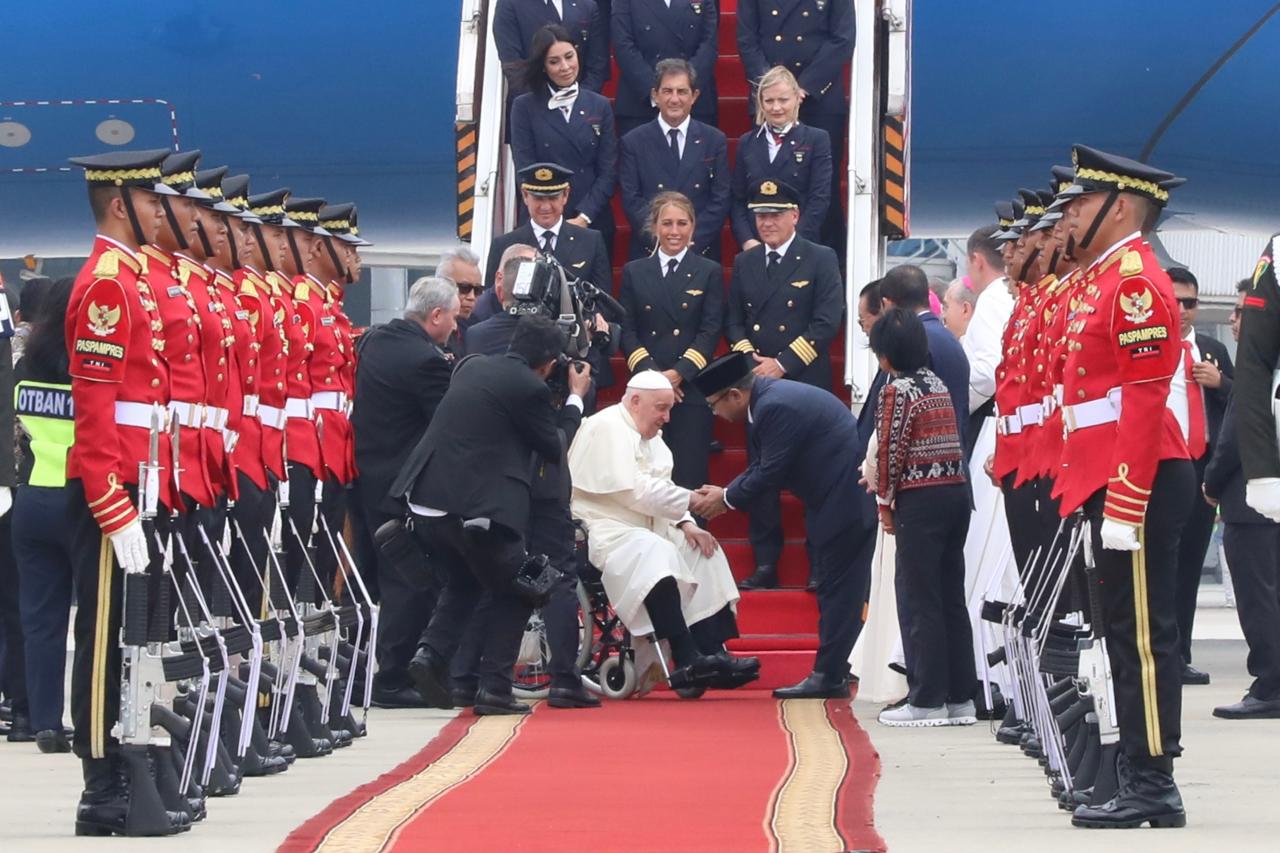





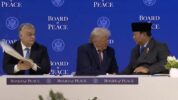
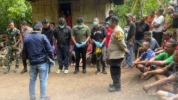


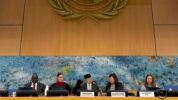
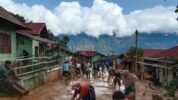












Tinggalkan Balasan